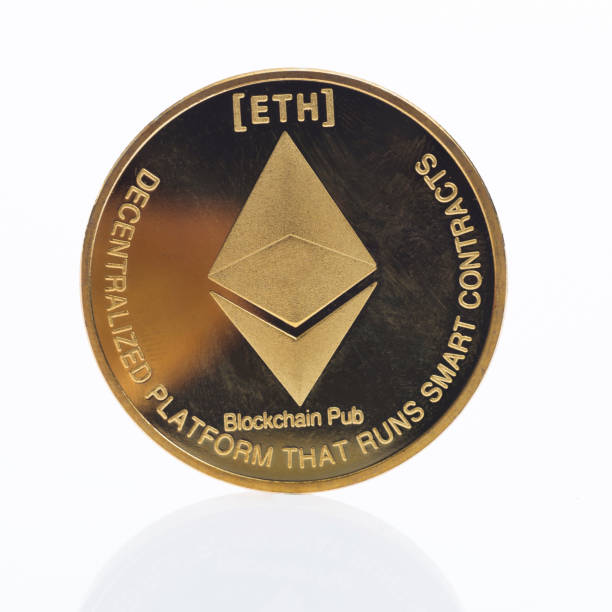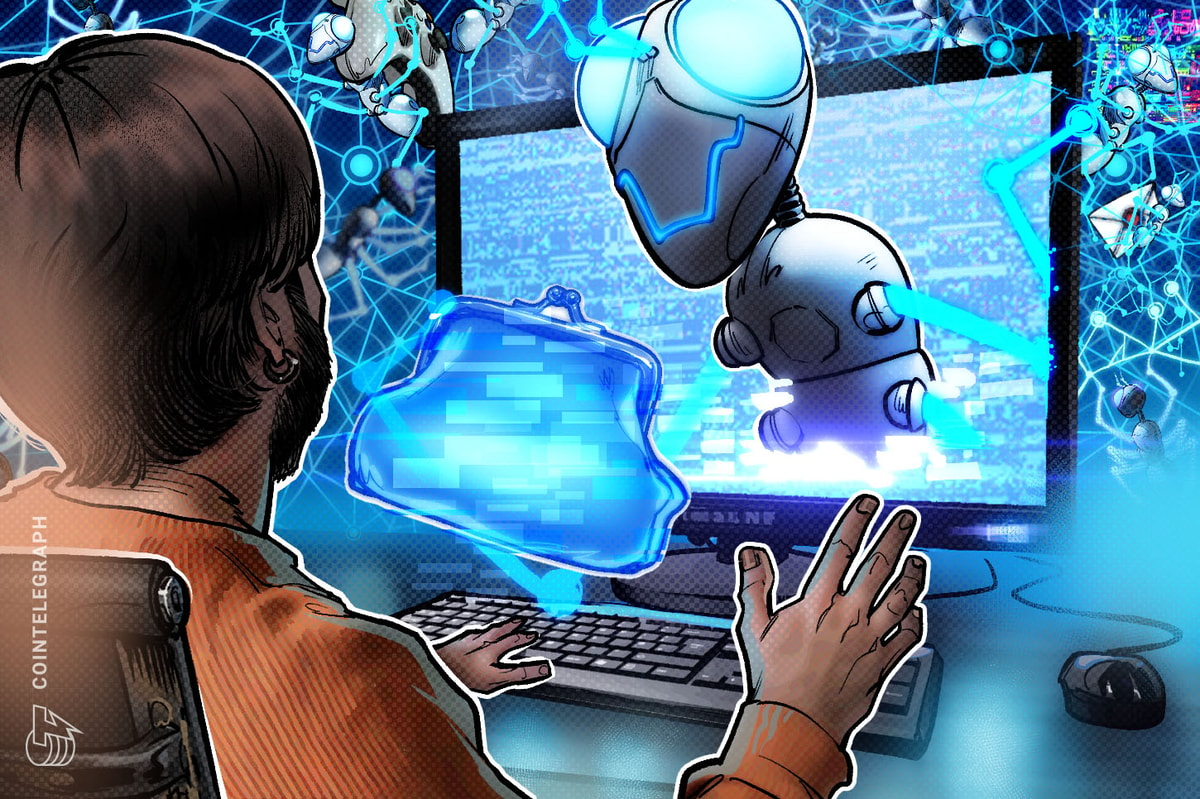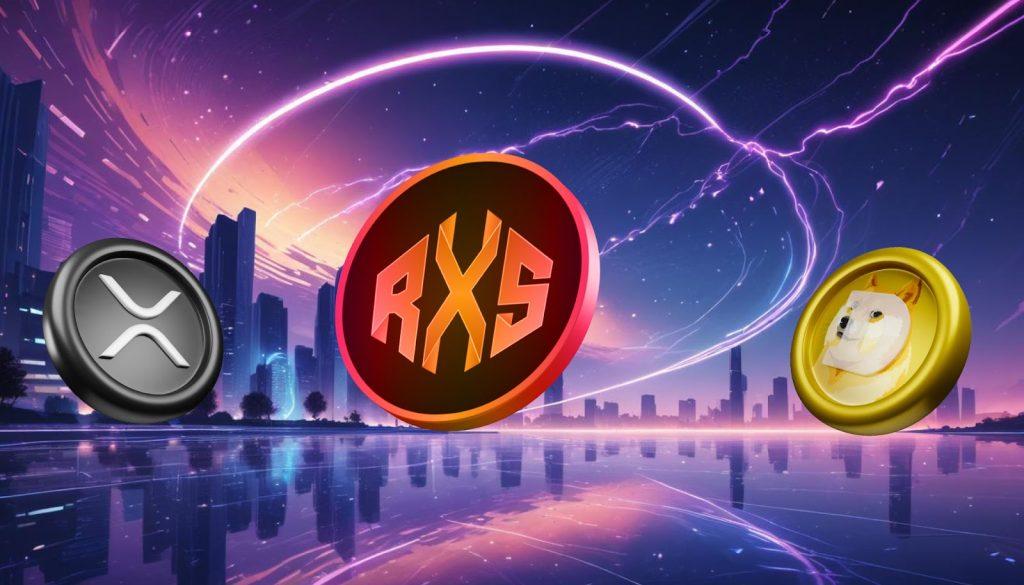Artificial Intelligence (AI) is transforming industries at an unprecedented scale, yet monetizing AI services effectively remains a challenge. Traditional payment systems struggle with high transaction fees, delays, and limited scalability, making micropayments, a vital monetization method for AI, inefficient or impractical. However, the BSV blockchain, with its unique capability to process microtransactions on a massive scale, offers a compelling solution.
BSV enables micropayments of fractions of cents with near-instant settlement, creating new opportunities for monetizing AI models and services. Through micropayments, AI service providers can charge minuscule fees for individual Application Programming Interface (API) calls, data queries, or predictions. For instance, an AI-powered language translation service could charge a fraction of a cent per word or sentence translated, making the service affordable even for individuals with limited budgets. Similarly, a machine learning analytics platform could charge per query, allowing startups to utilize high-quality analytics without incurring significant upfront costs.
Moreover, micropayments using BSV facilitate more equitable economic models for data sharing. Users can directly monetize their data streams, granting AI developers access to valuable datasets while receiving continuous, automated compensation. For example, individuals could share anonymized health data with AI research projects and receive micropayments for every interaction or insight drawn from their data. This approach incentivizes higher-quality data collection and promotes transparency and trust between data providers and AI developers.
Additionally, micropayments provide innovative ways to incentivize users to interact with AI in beneficial ways. Users can be rewarded for actions such as providing accurate feedback, correcting AI-generated outputs, or contributing new data to enhance machine learning models. Imagine an AI chatbot platform where users earn micropayments for reviewing and rating chatbot interactions, helping refine the chatbot’s conversational capabilities. Similarly, an AI-driven educational app could reward learners with micropayments for completing tasks or quizzes, further motivating user engagement and promoting continuous learning.
These economic incentives encourage users to participate actively and responsibly, ensuring continuous improvement in AI effectiveness and user satisfaction. The micropayment system powered by BSV facilitates these incentives by allowing seamless, real-time compensation, enhancing engagement, and creating a sustainable ecosystem around AI interactions.
However, the adoption of BSV micropayments in AI has its challenges. Regulatory uncertainty, technological literacy barriers, and the need for robust infrastructure can hinder adoption. Addressing these issues requires clear regulatory frameworks, user-friendly payment interfaces, and education initiatives. Though these challenges are already being worked on, along with the recent release of MNEE US Dollar stablecoin on BSV, there is a path toward integrating AI monetization with BSV micropayments.
Ultimately, this union of scalable peer-to-peer electronic cash and AI promises significant economic and innovation benefits. By overcoming existing barriers, businesses and developers can leverage micropayments to democratize access to AI technology, driving wider adoption and more inclusive economic growth.
In order for artificial intelligence (AI) to work right within the law and thrive in the face of growing challenges, it needs to integrate an enterprise blockchain system that ensures data input quality and ownership—allowing it to keep data safe while also guaranteeing the immutability of data. Check out CoinGeek’s coverage on this emerging tech to learn more why Enterprise blockchain will be the backbone of AI.
Watch: Micropayments are what are going to allow people to trust AI





















 English (US) ·
English (US) ·